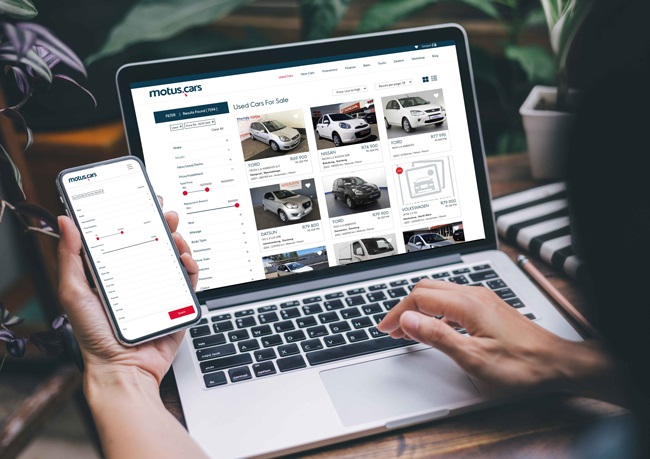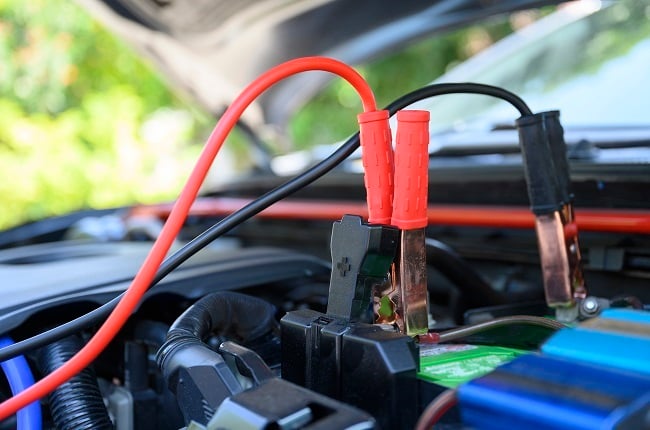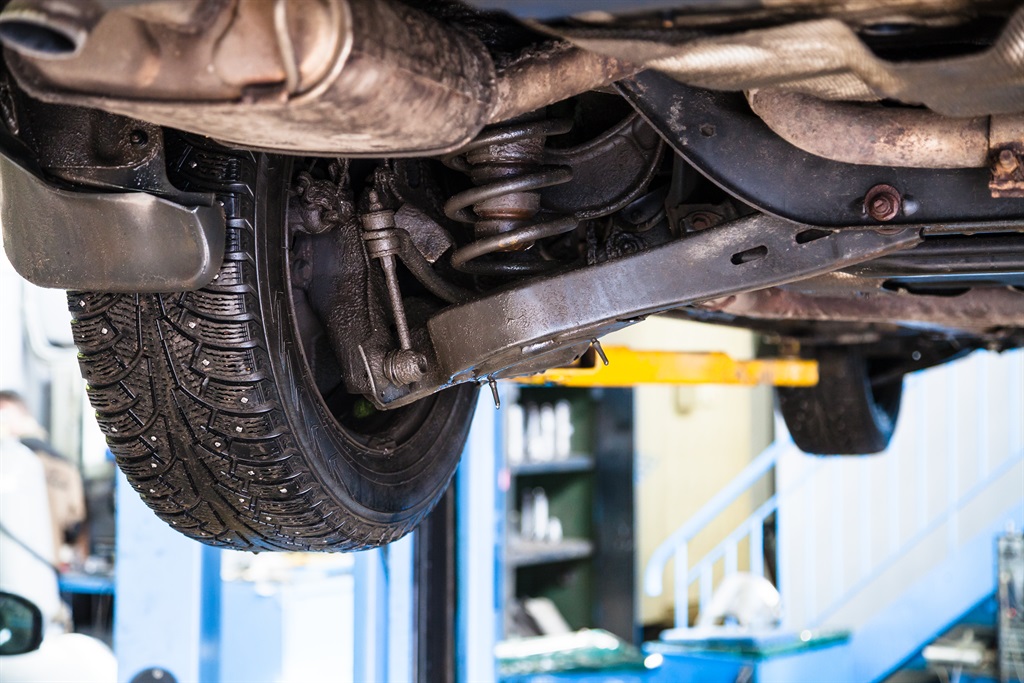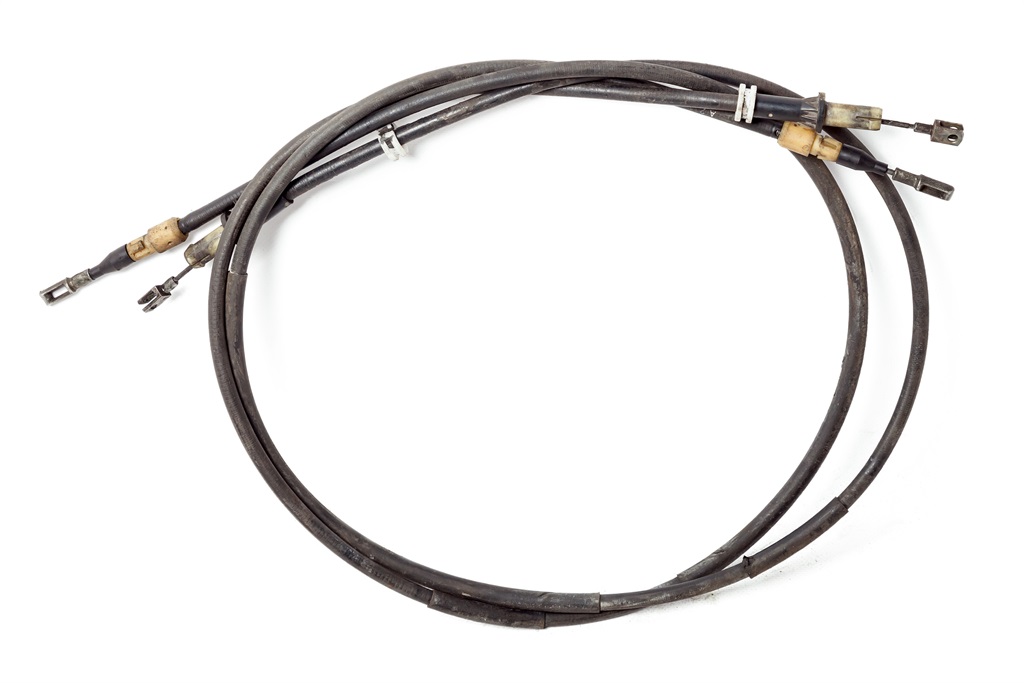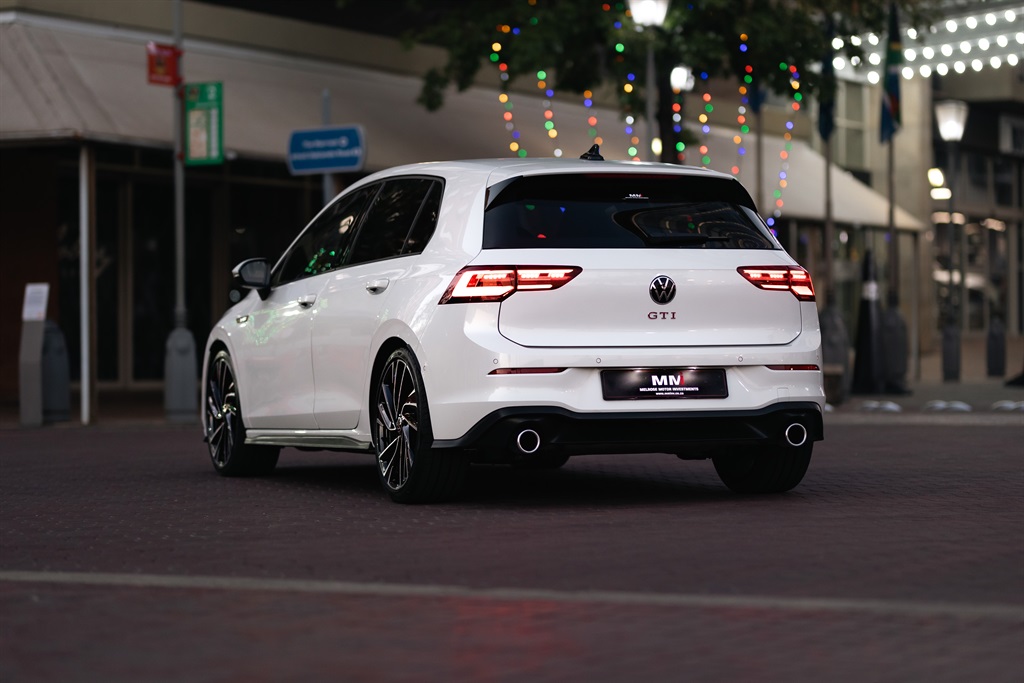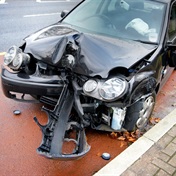
- Most older pre-owned vehicles aren't in great condition.
- Buyers have every right to ask the seller anything about the car and its history.
- It's advised to always drive a vehicle before buying it.
It's one of those unspoken rules that someone should always accompany you when you're buying a (pre-owned) vehicle from a private seller. Other than the obvious safety risks, someone who is mechanically inclined to go along can advise if a car is a good deal or one to pass on.
If you're in the market for a car or new to the used car scene, there are a couple of hard and fast rules you should know. For starters, the engine will have covered a considerable amount of mileage. This differs from make and model.
Secondly, there will be (mostly) mechanical components that need replacing or maintenance due to normal wear and tear over the years. The cambelt and tyres are good examples.
Lastly, unless bought through a private dealership, it won't come with a mechanical warranty, meaning you must pay the bill for any repair work needed.
READ | Driving with J9: The honest truth about buying a used car - what you really should know
The average used car tends to drop in price as time marches on, and this is because it builds up mileage and is simply getting older – also referred to as a depreciating asset. Purchasing pre-owned cars was at an all-time high during the Covid-19 pandemic when many people downsized or sold their vehicles for often way below valuation.
Be well prepared
A potential buyer has the right to know about the vehicle they are buying and ask the seller any questions they need to know before deciding. While most private sellers are genuine, some aren't truthful and omit specific faults or problems associated with the vehicle.
Have you ever purchased a car that seemed like a good deal but gave you endless problems? Please email us or share in the comments section below.
Buyers must find the optimum balance between age and mileage when shopping for a pre-owned car. Understanding how these factors impact a car's overall condition and which is more important is vital when purchasing. In most cases, age and mileage work against each other in the manner that the market prices pre-owned vehicles. While mileage drives down the price, the newer the car, the higher the price.
READ | It's so small you could drive it in the mall: Where's SA's cheapest 'car', the Bajaj Qute?
News24 Motoring reader Ronald Vermaak purchased a 2006 Volkswagen Golf 5 GTI from a private seller and found a few mechanical issues he should have checked beforehand.
Here's a list of problems that weren't initially picked up upon first inspection – and ones every used car buyer should check or ask about.
1. Battery needs a replacement
When a battery needs replacing, there are usually a couple of tell-tale signs. These can include – but are not limited to – lazy or laboured engine starting, dim headlights or clicks from the ignition.
While a dying battery is glaringly evident in everyday operation to the driver, the general assumption is that the seller most likely charged the battery beforehand to eliminate any apparent signs that can hinder any deal. Be sure to ask the owner or dealer when the current battery was replaced. Ask for proof of purchase if possible.
Besides being swollen or having corrosion around the terminals, a battery can appear in great shape at first glance, so pay special attention to its appearance.
Ronald mentioned that he planned to have the battery tested and replaced anyway, so this was in his initial budget when he discovered it needed to be replaced.
2. Leaking shock absorbers
Driving a vehicle before purchasing is a good way to gauge road-holding and if certain suspension parts are in check. So, this is an absolute must when inspecting a car. Only a few people physically check shock absorbers so it's not something buyers put high on the priority list.
According to Supa Quick, shock absorbers have a lifespan of at least 4 to 5 years. Signs of replacement can include a rough and bumpy ride, uneven tyre wear or leaking hydraulic fluid. The latter is what Ronald found out after having the vehicle inspected for a roadworthy test to complete the change of ownership process.
The fitment of brand new shock absorbers can set you back no less than R3 000 for two – depending on the make and model. Ronald needed to replace all four, and the aforementioned price did not include shock mountings and labour.
3 Stretched handbrake cable
Testing the strength of the handbrake is also not on excited buyers' minds. The general assumption is that the handbrake usually works as it should because it's not a component that usually malfunctions.
In Ronald's case, the cable was stretched and could not effectively prevent the car from rolling back on an incline. Alternatively, it can cause issues if the driver is unaware of its ineffectiveness when parked on an unfavourable surface.
4 Faulty brake lights
While brake lights are a minor issue and affordable to fix, faulty ones can pose a visibility problem for other motorists – especially if you're unaware of the problem.
Unlike the Jetta 5, which has LED rear lights, the Golf 5 uses regular bulbs that can be purchased at any automotive or spare shop and likely won't cost more than R50 for a set.
While swapping out the bad bulbs, Ronald also upgraded the reverse lights by fitting LED lights. Because most buyers do a quick walk around the vehicle when it is off, they don't usually check if the brake lights are working unless they brought someone along. That way, one person can sit in the car and apply the brakes and the other can check the lights when standing behind the vehicle.
If you're alone, there is no way of knowing unless the seller informs you. Since it's such a cheap and easy fix, it isn't a deal-breaker but is a good gesture from the seller to let the buyer know.
News24 Motoring editor Janine van der Post previously listed what to look out for when buying a used vehicle:
- Take someone with you who knows a thing or two about cars.
- Drive the vehicle, and keep the radio or sound system turned down so you can listen for any weird niggles or sounds.
- Get your friend or relative to drive the car while you stand outside as they go by, or vice versa.
- Check if smoke is coming from the vehicle. Does the car pull to one side? There could be suspension or alignment issues.
- Look under the bonnet and open caps. Are there signs of oil mixing with water?
- Look for differences in paint colour – at all angles. This indicates the vehicle has been in a crash.
- Run your fingers gently against the vehicle's body as you walk from the front to the back. Can you feel any dents or texture differences? This also indicates damaged bodywork. Do the panels and different parts of the vehicle line up on the body? Is it flush? Or are there gaping spaces?
- Check the lights, indicators and brake lights. Do they all work?
- Check the tyre condition. You will likely need to buy a new set soon, and tyres don't come cheap if it's not within your budget.
- If you can take a look underneath the vehicle, do so. Check for leaks, and also take a look at the exhaust system.
- Ask questions, make notes, and keep all issues in mind so you can negotiate for a better price or get the owner to fix any concerns.
Make sure you do these little things before purchasing a used vehicle, whether it's your first time or your tenth time. It's an investment, and these basic checks will help more than you know.




 Publications
Publications
 Partners
Partners





